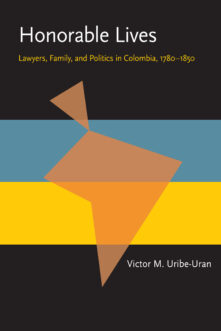History / Latin America / Central America

Development Design
Hotels and Politics in the Hispanic Caribbean
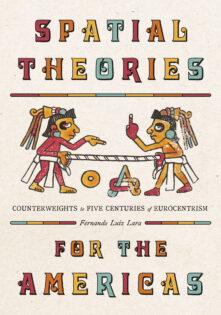
Spatial Theories for the Americas
Counterweights to Five Centuries of Eurocentrism
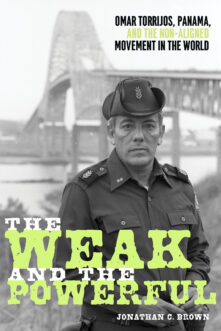
The Weak and the Powerful
Omar Torrijos, Panama, and the Non-Aligned Movement in the World
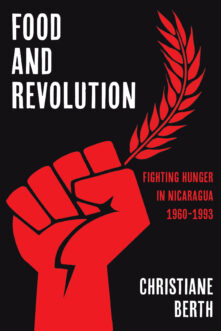
Food and Revolution
Fighting Hunger in Nicaragua, 1960-1993

Itineraries of Expertise
Science, Technology, and the Environment in Latin America's Long Cold War
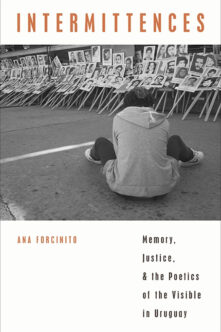
Intermittences
Memory, Justice, and the Poetics of the Visible in Uruguay
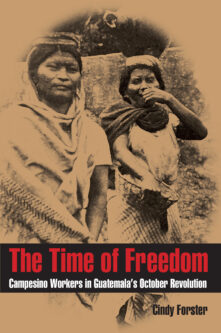
The Time of Freedom
Campesino Workers in Guatemala's October Revolution
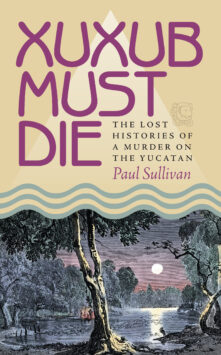
Xuxub Must Die
The Lost Histories of a Murder on the Yucatan

Landscapes Of Struggle
Politics Society And Community In El Salvador
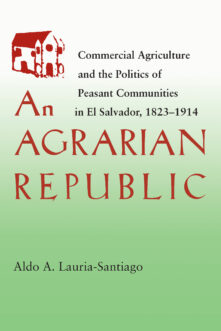
An Agrarian Republic
Commercial Agriculture and the Politics of Peasant Communities in El Salvador, 1823–1914
Total 11 results found.


